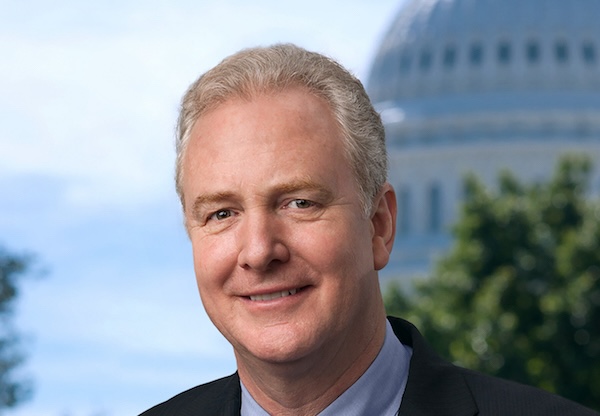Confirmation Class Message – 2015
May 30, 2015
The focus of study for the confirmation class is studying ancient texts. We study classic Jewish sources for a number of reasons. For one, I want to be sure that the children of B’nai Tzedek have a knowledge base and an awareness of Jewish teachings – what they are, how they work, what is the scope of matters considered and what is the methodology whereby our sages would come to the conclusions they reached. The implication and subtext is to see how the wisdom of our tradition can help guide us today.
I want our children to know the meaning of terms such as midrash, Mishnah, Talmud, Tanach, hevruta, sugya and to be conversant with these and other words and concepts, all of which one time rolled of the tongue of our ancestors.
Earlier generations were familiar with these terms. They were second nature to those who came before us and were part of their everyday discourse. They were a precious heritage that played an important role in the lives and decisions made by our ancestors.
But they aren’t just some dusty old relics. What I really want the students to know is that these great works of Jewish civilization are ours! They are the product of the creative thinking of our people. And now, dear students, they are yours as well.
We dare not forget, ignore or forsake this precious legacy. To do so would be a tragedy. To lose the rich treasure bequeathed to us would not make us any richer, but would impoverish us.
In a concluding assignment I asked students to choose something we studied that was especially memorable or poignant from their studies. Some mentioned the makhlokhet, the dispute over what to do when two people in the desert have enough water whereby only one can survive. The Talmud discusses what to do since either they both drink it and they both will die, neither drinks it and they both will perish, or one drinks it and only that one will survive.
One student mentioned our discussion of the Biblical account of creation and how he now realizes we need not choose between science and religion, but can uphold both. He learned that the purpose of scientific exploration is to help us understand how life came to be, while Torah helps us understand why we are here and what is the purpose of existence. As a result they need not be seen as contradictory, conflicting approaches.
A few cited the dilemma faced by Moses when he descended Mt. Sinai with the Ten Commandments and saw the people sinning when they had built the golden calf. His love for the people was so great that rather than have them be guilty of the sin of idolatry, he smashed the Ten Commandments so that they could not be held guilty for their sin. And what was God’s reaction? God was proud of Moses.
What an extraordinary religion we have! According to the rabbinic commentators, God was actually happy that his own law, the writing on the Tablets carved by his own hand, was smashed by Moses because of Moses’ love of the Jewish people. So I hope you have learned from this – love the Jewish scared writings and always, always love the Jewish people.
Some students mentioned that they learned from the story of Abraham arguing with God not to destroy the cities of Sodom and Gomorrah. And again, God was happy even though Abraham was challenging Him, for he was standing up for justice and righteousness.
This God of ours is amazing, as is our people!
If you think you now know all there is to know about Judaism, I have failed as a teacher. Rather my goal is to implant within you the desire to want to learn more, the realization that the teachings of Judaism are stimulating, relevant, fascinating and worthwhile.
I will conclude with a story, not from our tradition, but about the Catholic religion which helps to show the importance of studying and knowing our ancient sources.
It just so happens some Catholic priests and scholars were given access to some of the oldest manuscripts in the possession of the Vatican. No one had ever gone where they were about to go. Deep in the dark inaccessible recesses they entered to pore over the most ancient and fragile writings of the early Church fathers. After a while, all of a sudden, the intense silence of scholars at work was shattered as one of the priests started jumping up and down with excitement and bewilderment. Immediately all the other priests left what they were doing to come see what he had discovered.
He shouted, “You won’t believe what I found. We’ve been mistaken and wrong all these years.” Holding up the ancient script he says, “It says, “Celebrate! Celebrate.” Not celibate, celebrate.”
So today when we celebrate the confirmation of our students, let us continue to study our ancient writings and let us celebrate them, as we celebrate each and every one of you.
Also published on Medium.



